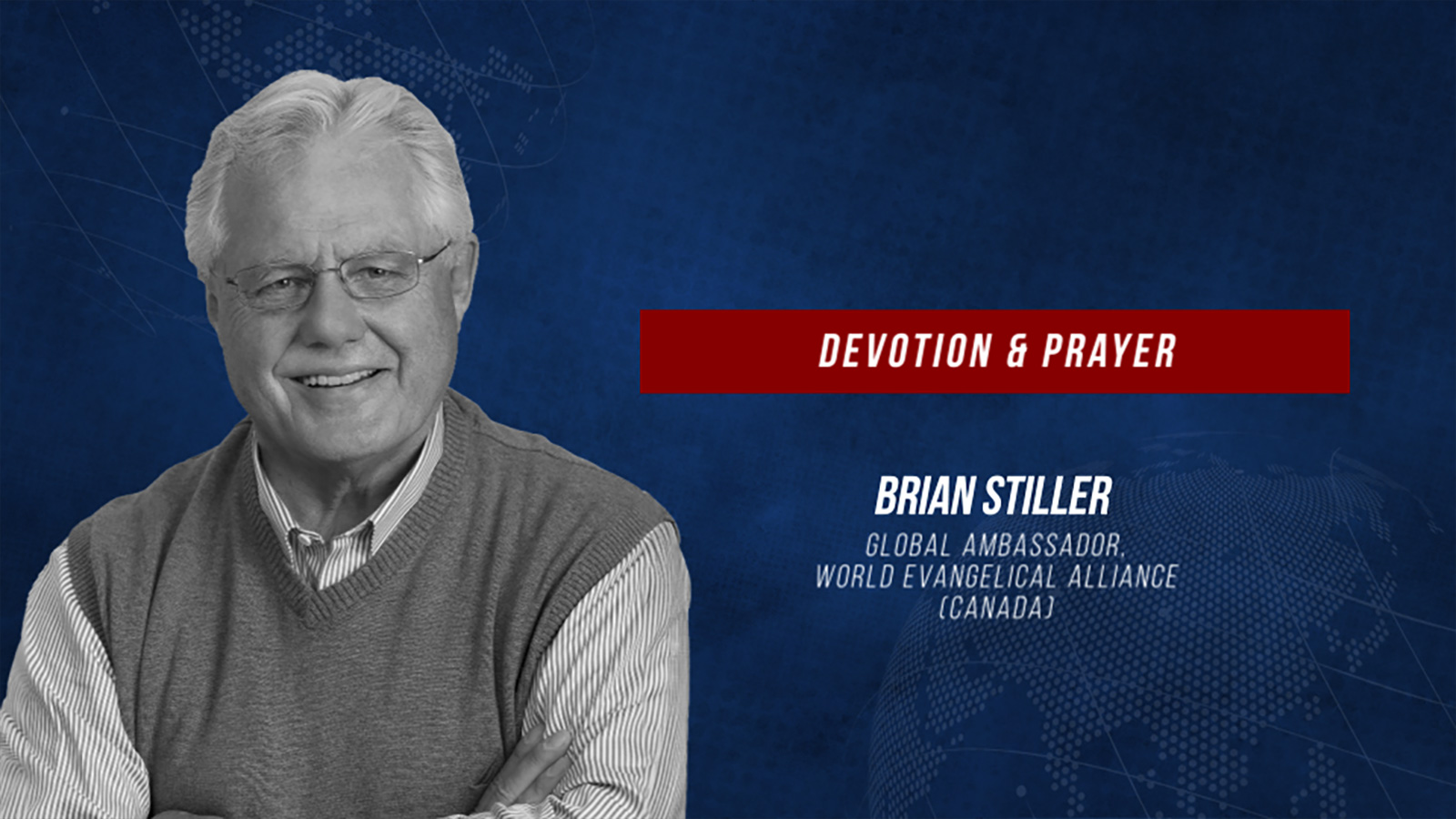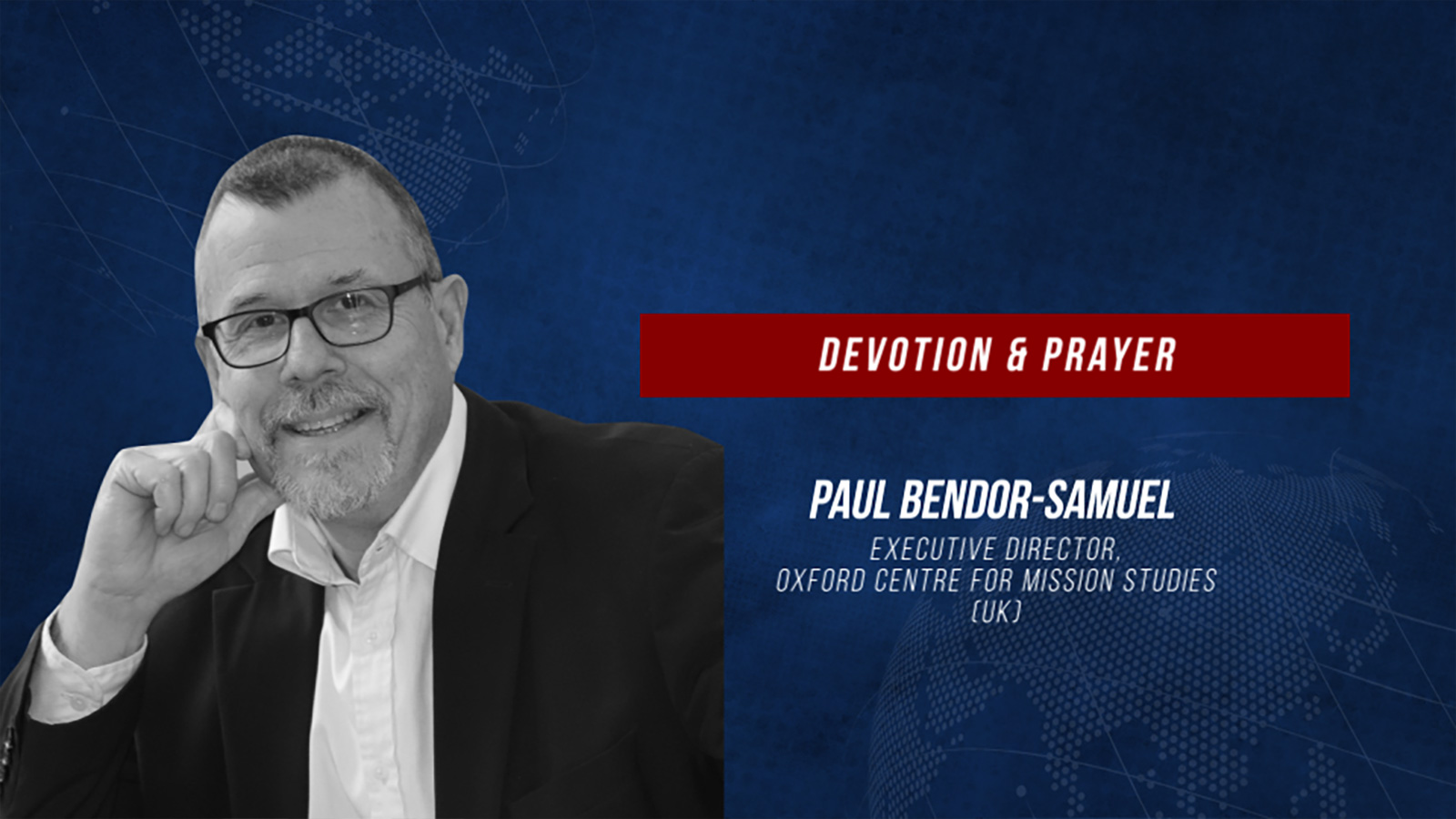Professor of Systematic Theology,
The Theological School of Finland

Sanna Urvas holds a PhD in ecumenical studies and an MTh from the University of Helsinki, and a MA in dance from Theatre Academy, Finland. She is a professor of systematic theology at The Theological School of Finland.
Specialising in global Pentecostal theology, Dr Sanna approaches her work from an ecumenical perspective. Her areas of expertise include Eastern patristic theology, ecotheology, mariology, demonology, and Black Pentecostalism. She is an active member of the Christian Unity Commission and the Creation Care Task Force under the Pentecostal World Fellowship.
In Finland, Dr Sanna has spearheaded the establishment of two theological societies, including Societas Theologarum, where she holds a leadership position.
Pentecostal communities believe in the power of the Holy Spirit in a healthy and empowering way. However, beliefs about the power and influence of demons—especially over Christians—often lead to unhealthy practices within deliverance and exorcism ministries. This paper examines selected worldviews underlying these beliefs, which distort the biblical trust in the love and sovereign care of God for his own people. These observations examine Platonist dualism and the warfare worldview, which have become prevalent among Pentecostals and Charismatics, alongside the hermeneutical analysis of Michael Heiser’s Divine Council perspective. Within these worldviews, there are systems that do not rest on a biblical foundation. For example, the spiritual legal system that underlies interpretations of curses and demonic presence is based on a hermeneutical methodology which prioritises human experience over biblical authority. The aim of this paper is to establish sound principles for both theological and exegetical hermeneutics.
Many separate the atonement from Pentecost to the degree that the link between them is lost. I wish to explore that link. The link is based on the insight that the cross of Christ is not limited to Israel. Rather, Christ seeks at the cross to open his life to all peoples, redeeming persons “from every tribe, and language, and people, and nation” (Rev. 5:9) and breaking down the wall of hostility between them (Eph. 2:14-16). The Spirit is poured out on all peoples at Pentecost in loyalty to the cross and for the sake of the crucified and risen Christ.
Many separate the atonement from Pentecost to the degree that the link between them is lost. I wish to explore that link. The link is based on the insight that the cross of Christ is not limited to Israel. Rather, Christ seeks at the cross to open his life to all peoples, redeeming persons “from every tribe, and language, and people, and nation” (Rev. 5:9) and breaking down the wall of hostility between them (Eph. 2:14-16). The Spirit is poured out on all peoples at Pentecost in loyalty to the cross and for the sake of the crucified and risen Christ.
Many separate the atonement from Pentecost to the degree that the link between them is lost. I wish to explore that link. The link is based on the insight that the cross of Christ is not limited to Israel. Rather, Christ seeks at the cross to open his life to all peoples, redeeming persons “from every tribe, and language, and people, and nation” (Rev. 5:9) and breaking down the wall of hostility between them (Eph. 2:14-16). The Spirit is poured out on all peoples at Pentecost in loyalty to the cross and for the sake of the crucified and risen Christ.


© 2025 City Harvest Church. All Rights Reserved.
Sign up for news & exclusive content
from Global Pentecostal Voices.
By subscribing, I agree to the Privacy Policy and Terms of Use.